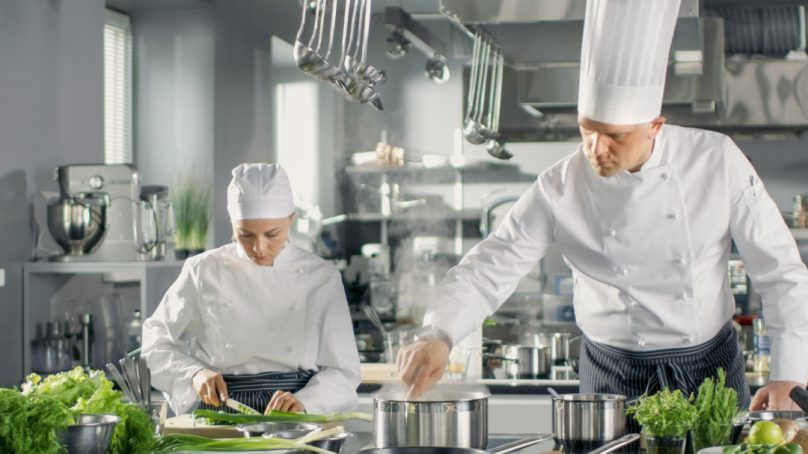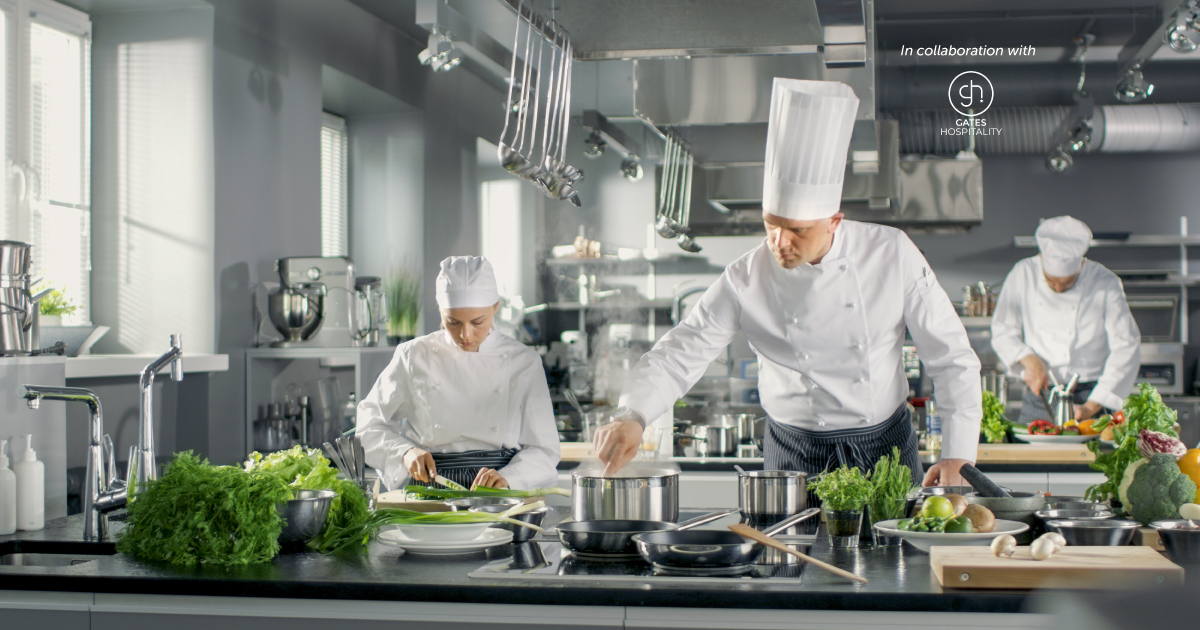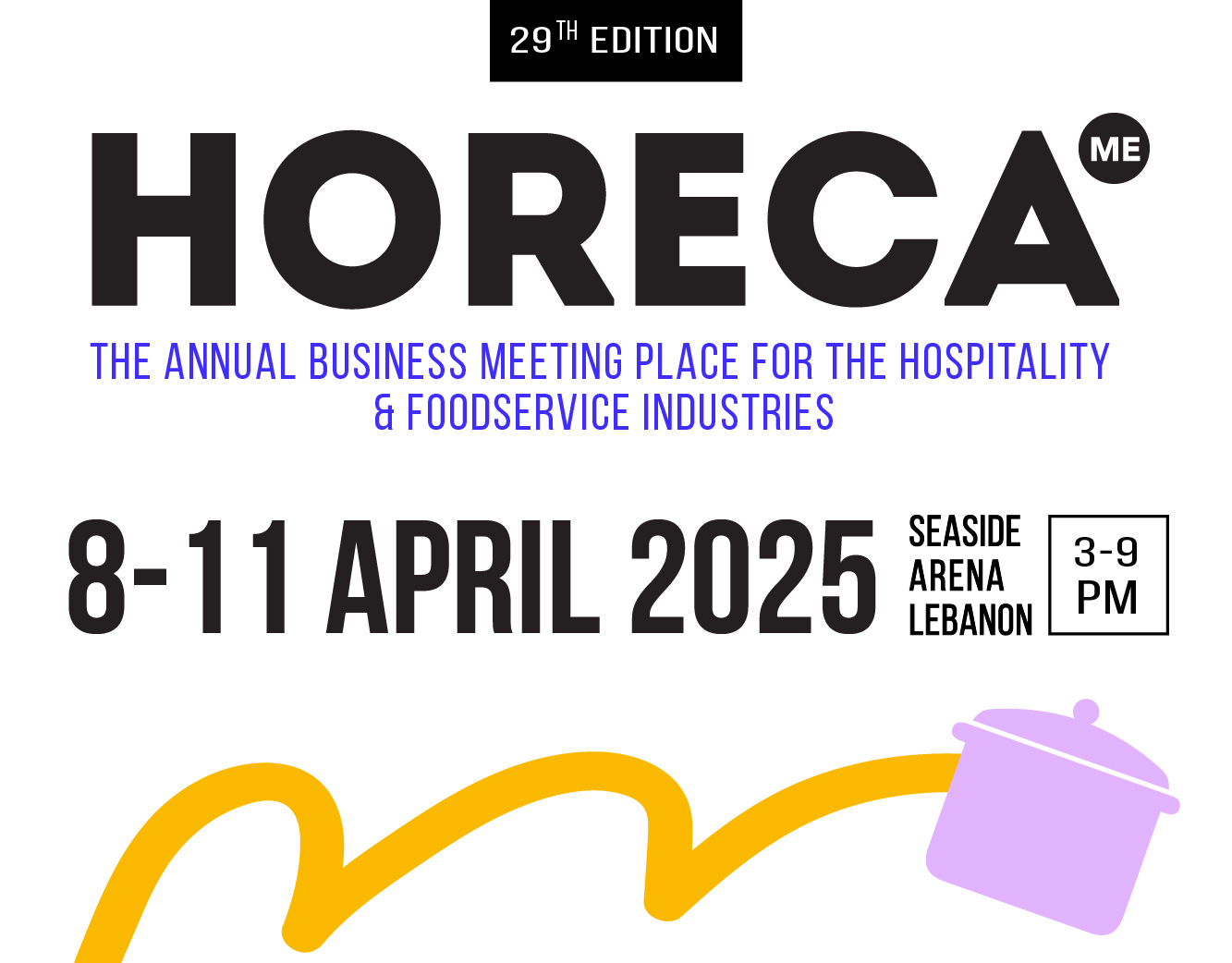

We are seeing a greater number of cloud kitchens in our business ecosystem than ever before. Think of them as a shared office space, where an F&B business rents space in a commercial kitchen for the purpose of preparing food for delivery only.
Cloud kitchens in the Middle East
With a demographic that is used to having everything at its fingertips, it should come as no surprise that cloud kitchens are experiencing significant growth in the Middle East. Constantly on the go, Dubai residents focus on convenience, so having a greater number of food options at the click of a button was always going to be popular. Take Talabat, for example, which opened its first cloud kitchen in 2020. The brand now has 10 kitchens across the UAE, and even introduced a two-story cloud kitchen at Expo 2020 Dubai.
According to Allied Market Research, the global cloud kitchen market is expected to reach USD 71.4 billion by 2027, and I am sure that the Middle East will play a big part in that growth.
Cloud kitchens certainly have their place in the ever-complex F&B arena. However, what should be made clear is that takeaway should always complement the industry, not take it over.
We should not forget that Dubai boasts a spectacular culinary scene, with some of the best restaurants in the world calling the emirate their home. With 11 restaurants receiving Michelin-star status in the inaugural Dubai guide earlier this year, it’s an industry that continues to thrive.
With concerns over the quality of food that cloud kitchens offer, however, fine dining will always have its place in Dubai, as both tourists and residents seek the highest level of gastronomy that dining out can offer. Simply put, get-togethers, family gatherings and date nights don’t have the same effect if you are waiting for the doorbell to ring and your food to arrive.
A revolution in the making
It’s easy to see why cloud kitchens are so popular. By eliminating the need for retail space and expensive fit outs, cloud kitchens allow businesses to establish a virtual F&B brand at very little cost. Manning is reduced to kitchen staff and delivery staff or commission paid to delivery apps.
Finding a sustainable business model that is able to stand the test of time and remain profitable for both investors in cloud kitchens and the companies using them is key. Such is the grab-and-go nature of the takeaway model that the average order value is significantly lower than it would be if you were to dine in. This means that it is a model that relies on volume, and with an increasingly high number of competitors and food aggregators waiting to charge you if you wish to promote further, there might not be room for everyone.
Most importantly, as many delivery apps are yet to be profitable, the seemingly low-cost solution may not be as cheap in the future as it is now.

Naim Maadad,
chief executive
and founder of Gates Hospitality















